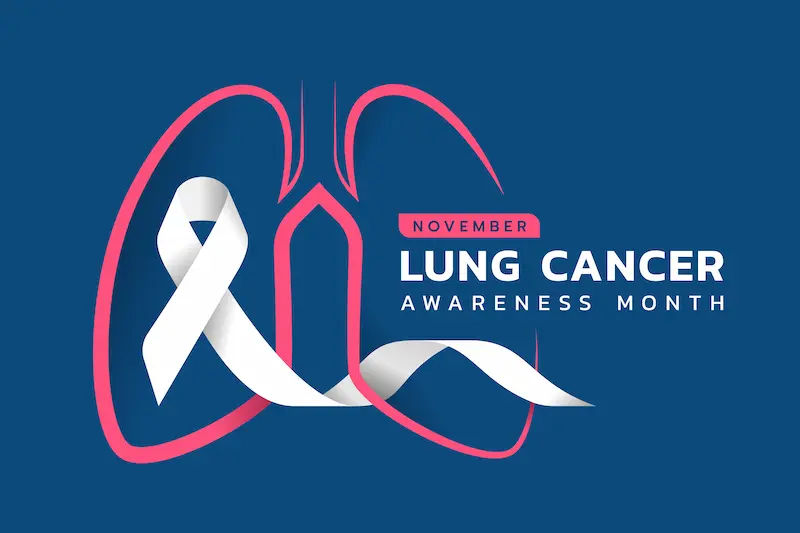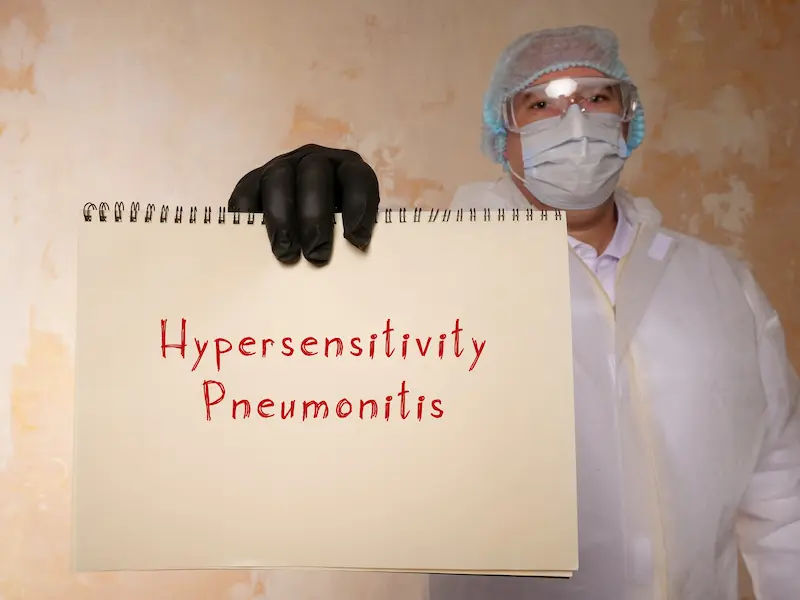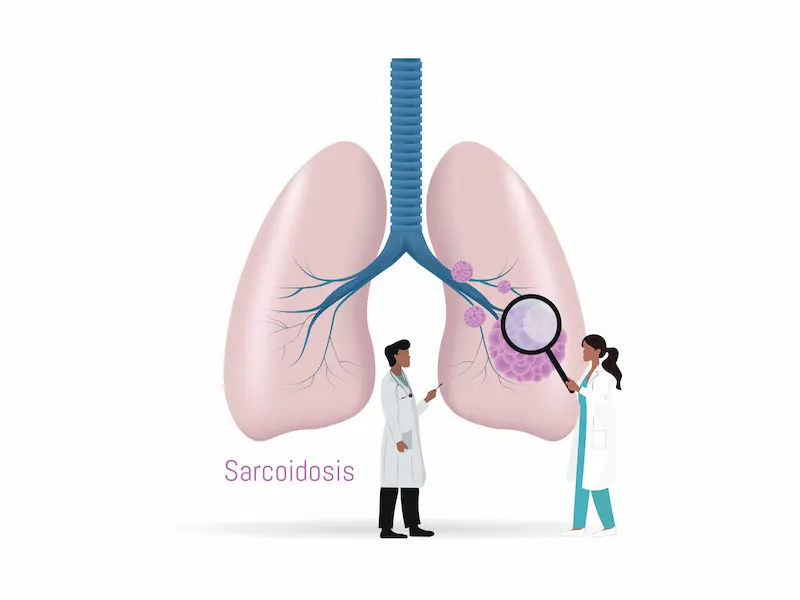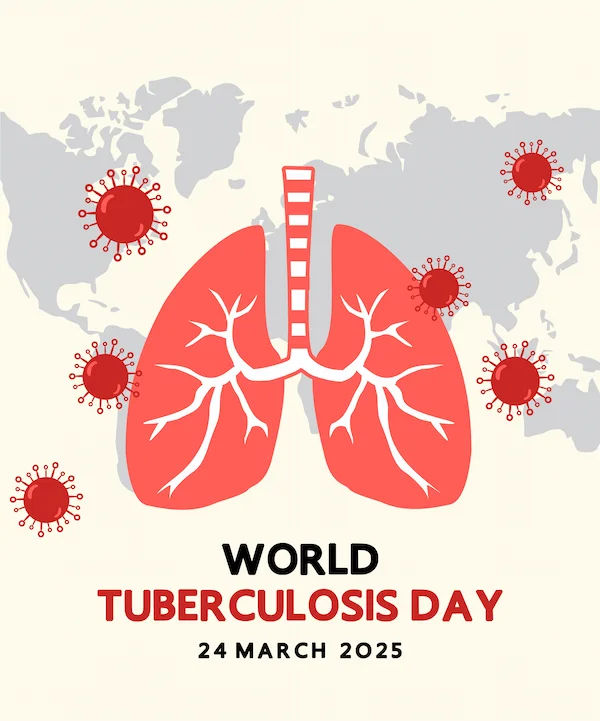- Female
- 25 Years
- 29/01/2025
I'm dealing with TB and have been taking DOTS medicines. I've still got a cough and sometimes find it hard to breathe. The cough seems to get worse whenever I catch a cold. I'm using the government-provided meds, and I noticed a slight improvement, but I'm wondering when the coughing will completely go away. Will it get better once the infection stops? I'm hoping to breathe more easily and be free of this cough. What should I do to help with this situation?
Answered by 1 Apollo Doctors
To alleviate your TB symptoms, continue taking your DOTS medicines as prescribed, attend regular follow-up appointments, stay hydrated, get plenty of rest, avoid close contact with others to prevent transmission, and consider wearing a mask to reduce the risk of infection; with adherence to treatment, your cough and breathing difficulties should gradually subside, and you can expect significant improvement within 2-3 months.
Dr. Ibrahim Suggests...
Consult a Pulmonology Respiratory Medicine Specialist
Answered 04/07/2025
0
0

More Pulmonology/ Respiratory Medicine Health Queries
View allI've noticed blood in my morning cough after brushing for the last three days. Should I be worried about this? Could it be something serious? What do you suggest I do?
Blood in morning cough after brushing can be alarming, but it's often caused by minor issues like gum bleeding, toothbrush trauma, or dry mouth, however, it's essential to consult a doctor or dentist to rule out more serious conditions
Answered by 1 Apollo Doctors
I've been having breathing problems for the past couple of years. My doctor said it's bronchitis, but I'm really worried because when I try to inhale, sometimes it feels like the air just doesn't reach my lungs. I have to try four or five times to get a full breath, and lately, I've been feeling a mild chest pain along with a cough and this uncomfortable pressure in my chest that makes me anxious. It even makes my body feel cold. Could you please tell me what's going on and what kind of treatment I should look into?
Tab augmentin duo 625mg ,orally ,thrice daily for 5 days advised to the patient.Also syrup salbutamol 10ml thrice daily for 7 days is advised to the patient.Salbutamol inhaler sos for breathing difficulty.
Answered by 1 Apollo Doctors
I've been having these asthma attacks more frequently in the past few days. It used to happen only occasionally and would go away with an asthalin inhaler, but now it's like 2 to 3 times a day. I'm feeling breathless and sometimes hear a wheezing sound. Could it be the dust I encounter while traveling that's causing this? Also, right after I wake up, the symptoms seem to get worse, with a lot of sputum and my eyes get irritated and my throat starts itching. What could be going on here?
Salbutamol inhaler and budesonide 200 sos is advised for breathing difficulty.
Answered by 1 Apollo Doctors
Disclaimer: Answers on Apollo 247 are not intended to replace your doctor advice. Always seek help of a professional doctor in case of an medical emergency or ailment.




